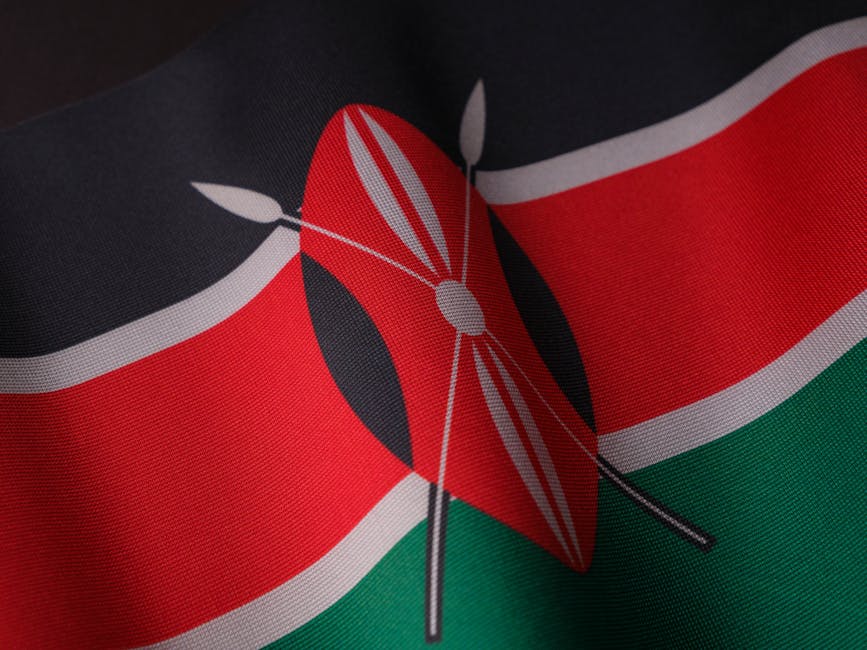TMZ and Britney Spears: A Complex Relationship Through the Years
Britney Spears. The name alone conjures images of iconic music videos, groundbreaking performances, and a captivating, if often tumultuous, personal life. Throughout her career, the paparazzi have played a significant role in shaping her public image, and no media outlet has been more closely associated with her story than TMZ.
This article delves into the intricate relationship between Britney Spears and TMZ, analyzing the positive and negative impacts of their interactions, examining the ethical considerations surrounding celebrity coverage, and exploring the larger conversation about paparazzi culture and media responsibility.

The Early Days: Fame, Fortune, and the Paparazzi Frenzy
Britney Spears’ rise to superstardom in the late 1990s was unprecedented. Her youthful energy, captivating performances, and undeniable talent captivated audiences globally. However, this meteoric rise also brought with it an intense level of media scrutiny, a precursor to the relentless paparazzi pursuit that would define much of her adult life.
While TMZ wasn’t yet the powerhouse it is today, the paparazzi culture was already in full swing. Early images and stories of Britney, often captured without her consent, began to paint a picture of a young woman grappling with the intense pressures of fame. This early exposure set the stage for the more intense and sometimes damaging relationship that would develop with TMZ in later years.
The Rise of TMZ and its Impact on Britney’s Life
TMZ’s emergence as a leading celebrity news source coincided with a period of significant personal challenges for Britney Spears. As the website gained prominence through its aggressive pursuit of celebrity news, Britney found herself increasingly the target of their reporting.

TMZ’s coverage often focused on the most sensational aspects of her life – her romantic relationships, her struggles with mental health, and her legal battles. While some of this reporting was arguably newsworthy, much of it crossed the line into exploitative territory. The website’s rapid dissemination of often unverified information contributed to a cycle of speculation and negative publicity that undoubtedly impacted Britney’s well-being.
Ethical Considerations: The Line Between Reporting and Exploitation
The relationship between TMZ and Britney Spears raises critical ethical questions about the media’s responsibility in reporting on celebrities. While the public has a right to know about public figures, there’s a clear line between informing the public and exploiting a vulnerable individual for profit. TMZ’s aggressive pursuit of Britney, particularly during periods of personal turmoil, often blurred this line, prompting widespread criticism and ethical debates.
The constant intrusion into Britney’s privacy, the publication of sensitive personal information, and the often-sensationalized reporting raised concerns about the potential impact on her mental health and overall well-being. Many critics argued that TMZ’s actions contributed to a cycle of negativity and public scrutiny that exacerbated her existing challenges.
The Conservatorship and TMZ’s Role
The 13-year conservatorship under which Britney Spears lived is a particularly sensitive and controversial chapter in her life. During this period, TMZ’s reporting played a complex role, often providing updates on legal proceedings and court documents, but also publishing information that arguably invaded her privacy and further fueled public speculation.
The ethical implications of reporting on such a sensitive and personal matter remain a subject of debate. While the public had a right to be informed about the legal proceedings, the manner in which TMZ, and other outlets, reported on these events raised significant questions about responsible journalism and the potential for causing further harm to Britney.
The #FreeBritney Movement and Shifting Public Opinion
The #FreeBritney movement, a grassroots campaign advocating for Britney’s freedom from the conservatorship, played a pivotal role in shifting public opinion regarding her situation and the role of the media in covering her life. The movement highlighted the exploitative nature of some media coverage and the need for responsible reporting on mental health and personal struggles.

While TMZ initially covered the #FreeBritney movement, its coverage was often criticized for its lack of sensitivity and its continued focus on sensationalism rather than on the complexities of the situation. The movement’s success in raising awareness of the issues surrounding Britney’s conservatorship also exposed the potential for significant harm caused by irresponsible media coverage.
The Post-Conservatorship Era and the Ongoing Debate
Since the termination of her conservatorship, Britney Spears has regained control of her life and career. However, the impact of years of intense media scrutiny and the relentless pursuit by paparazzi remains a significant factor in her life. The ongoing debate regarding media responsibility in reporting on celebrities continues, fueled in part by the experience of Britney Spears and the role played by TMZ in shaping her public image.
Lessons Learned and Future Implications
- The need for responsible celebrity reporting: The Britney Spears saga serves as a stark reminder of the importance of responsible and ethical reporting on celebrities, particularly concerning their mental health and personal struggles.
- The impact of paparazzi culture: The relentless pursuit of celebrities by the paparazzi can have devastating consequences, significantly impacting their mental health and well-being. Reform is needed to address this invasive culture.
- The power of social media and activism: The #FreeBritney movement demonstrates the power of social media and grassroots activism in holding the media accountable and advocating for positive change.
- The ethical considerations of profit-driven media: The Britney Spears case raises questions about the ethical implications of profit-driven media outlets prioritizing sensationalism over responsible reporting.
- The long-term effects of trauma: The long-term impacts of years of intense media scrutiny and invasion of privacy on Britney Spears’ life highlight the need for compassion and understanding in how we consume and share celebrity news.
The complex relationship between TMZ and Britney Spears continues to be a focal point in the ongoing conversation about media ethics and the impact of paparazzi culture on the lives of celebrities. As we move forward, the lessons learned from this tumultuous relationship should serve as a guide for a more responsible and compassionate approach to celebrity reporting.

